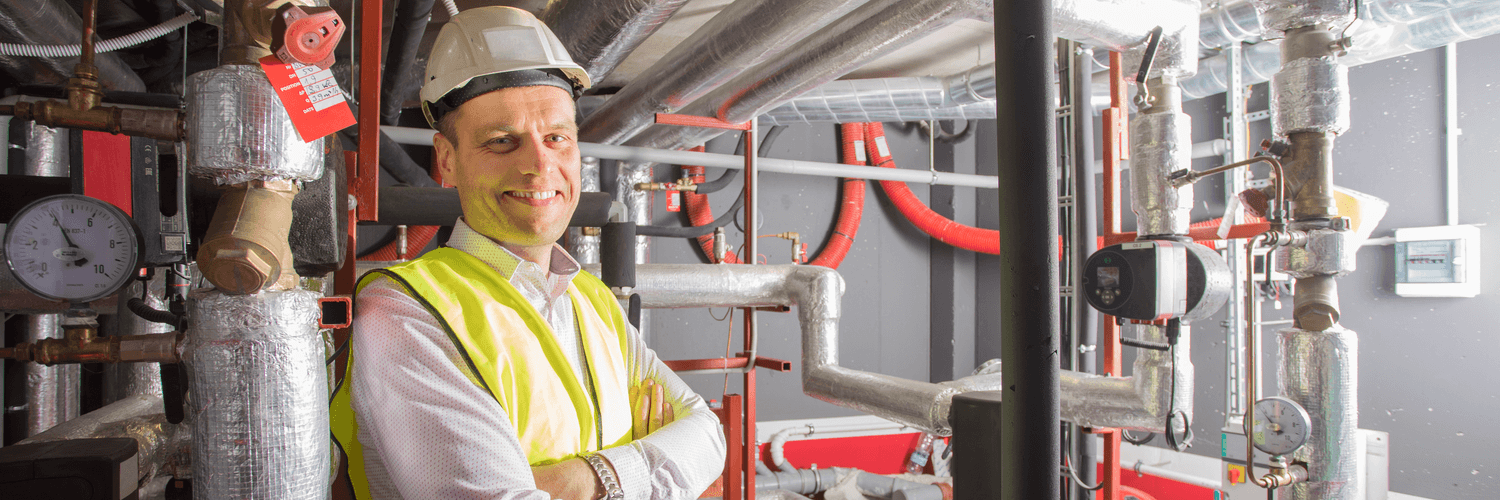What is HVAC Business Insurance?
The work that heating and air conditioning contractors do exposes them and their businesses to many potential risks. For example, they can have equipment stolen, make a mistake during a job, get into an accident on the way to a job, be injured during a job or have any number of other things happen during the course of a normal workday. HVAC contractor insurance helps shield contractors and their Massachusetts businesses form many covered risks like these.
HVAC business insurance is a specialized form of commercial insurance that’s designed specifically for heating, ventilation and air conditioning specialists. In order to offer these businesses robust protection, most HVAC contractor policies come as package policies that have several individual coverages within them.
What Massachusetts Businesses is HVAC Contractor Insurance Right For?
Broadly speaking, Massachusetts businesses that specialize in heating, ventilation and air conditioning should carry HVAC business insurance. Businesses like the following usually find that these policies adequately meet their risk mitigation needs:
- Residential HVAC service providers
- Commercial HVAC service providers
- Furnace and air conditioner installers
- Air duct cleaners

Do HVAC Business Insurance Policies Cover Plumbing-Related Risks?
Contractors that provide plumbing services in addition to doing HVAC work sometimes have additional insurance needs that not all HVAC business insurance policies meet. Coverage for the additional risks that plumbing work presents is still readily available, however. An insurance agent who specializes in HVAC business policies can help contractors in this position find a policy that does offer all of the protections they need.Do HVAC Technicians Need Their Own HVAC Contractor Policy?
HVAC technicians are usually covered by their employer’s insurance policy when they’re working for their employer. In most cases, technicians who only work for their employer don’t need to procure their own individual HVAC contractor policy.
An employer’s coverage typically doesn’t extend to work done outside the scope of employment, though. In other words, side jobs that technicians might do frequently aren’t covered by an employer's policy.
As a result, technicians who moonlight by doing work on their own often do need to purchase an HVAC contractor policy for these jobs. Again, an informed insurance agent can help with finding a suitable policy for this sort of situation. Someone who’s familiar with HVAC contractor policies will likely know how to get the right coverages at a price that individuals doing part-time work on their own can still afford.
What Coverages Do HVAC Contractor Policies Come With?
There’s no one set of coverages that every HVAC contractor policy provides, but there are several coverages that lots of policies offer as standard or available features. Some of these coverages include:
- General Liability Coverage, which may cover common accidents any business could be blamed for (e.g. slip-and-fall accidents)
- Commercial Auto Coverage, which may cover company-owned cargo vans, box trucks and trailers, as well as accidents employees are in while working
- Commercial Umbrella Coverage, which may cover expensive lawsuits by providing a supplemental level of liability protection
- Commercial Property Coverage, which may cover buildings, tools and equipment a company owns when they’re on company property
- Contractors Tools and Equipment Coverage, which may cover multimeters, psychrometers and other tools if they’re damaged, lost or stolen
- Inland Marine Coverage, which may cover tools, equipment as supplies as they’re transported to and from job sites
In addition to these, most HVAC contractors also need workers compensation coverage. Workers comp is an important protection that helps pay medical bills and lost wages related to workplace injuries and illnesses. Whether this coverage is purchased within an HVAC contractor policy or separately form it depends on the policy.


